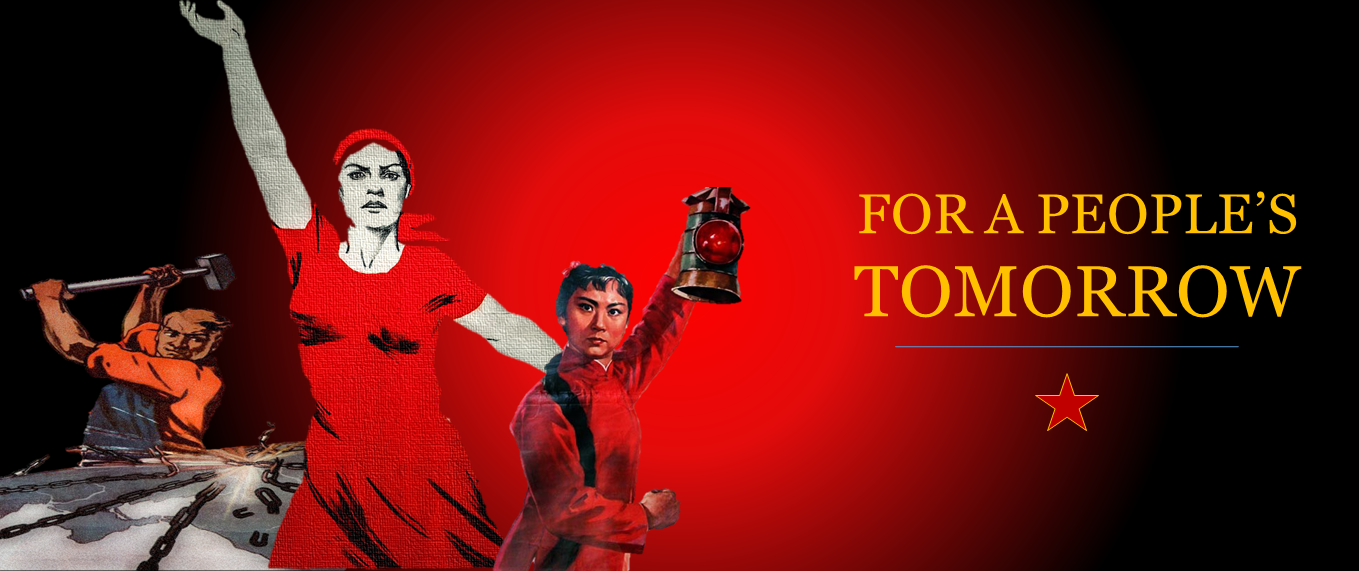by Shawnee Badger
The Hill | 21 August, 2016

Getty Images
I used to think that the Democrats were the good guys and the Republicans were the bad guys. That’s why I’ve only ever been registered and identified as a Democrat. The Democratic Party is the party of social justice that looks out for the less fortunate, right? The party of the middle class, advocating for equality and progress, while the Republican Party, is … well … stuck in the distant past.

